
Vilmos Huszár was a Hungarian painter and designer. He lived in The Netherlands, where he was one of the founding members of the art movement De Stijl.
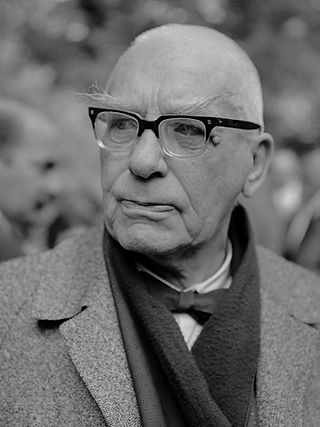
Hildebrand Lucien (Hildo) Krop was a prolific Dutch sculptor and furniture designer, widely known as the city sculptor of Amsterdam, where his work is well represented.

Dirk Johannes van Haaren was a Dutch painter.
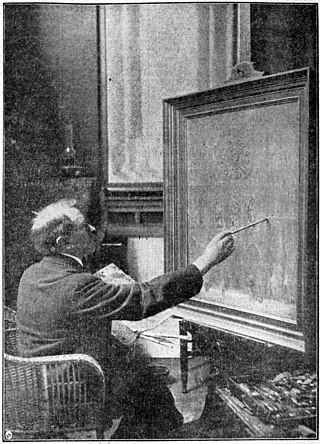
Jacobus Cornelis Wijnandus Cossaar was a Dutch painter working under the name Ko Cossaar. He was a member of the Pulchri Studio in The Hague. Cossaar started his professional career as a theatre stage decorator/artist while still a teenager. He subsequently developed himself into a well-rounded painter known for his church and harbor scenes as well as landscapes. During his 8 years in England he painted numerous scenes in and around London and Yorkshire, including church settings and coastal landscapes. He went on to paint the most notable churches of France, Italy and Holland, using his sense of perspective learned while painting his early stage backdrops.
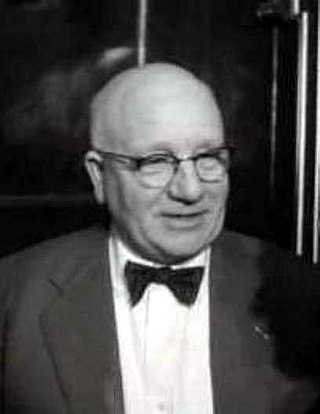
Jan Wiegers was a Dutch expressionist painter.Wiegers was educated as a sculptor at the Academie Minerva in Groningen, but he also studied painting at the Academies of Rotterdam under A. H. R. Van Maasdijk and The Hague under Frederik Jansen.
Herman Frederik Bieling was a Dutch painter, sculptor, graphic artist and Modern Art propagandist.

Bernard de Hoog was a Dutch painter influenced by the Hague School.
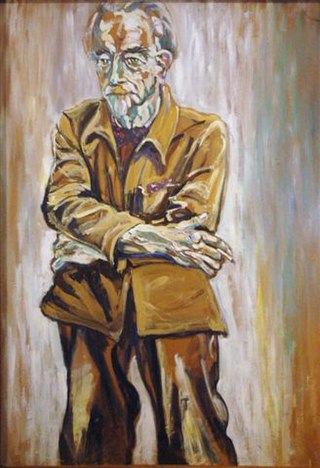
Theo van Reijn was a Dutch sculptor.
Henriëtte Gesina Numans was a Dutch painter.

Dirk Cornelis "Dick" Elffers was a Dutch artist.

Cornelis Timmer was a Dutch artist, who worked as sculptor, graphic artist, monumental artist, wall painter, painter, draftsman, jeweler, and mosaicist.

Huibert Marie Luns was a Dutch painter, sculptor and writer. He also designed book covers, posters and medals.

Jan Willem "Willy" Sluiter was a Dutch painter. He was best known for his paintings of Dutch villages and its dwellers, and also did portraits of members of Dutch high society. His work was part of the art competitions at four Olympic Games.

Lucie van Dam van Isselt or Lucie Dam van Isselt later Lucie Ekker was a Dutch artist known for her floral paintings.
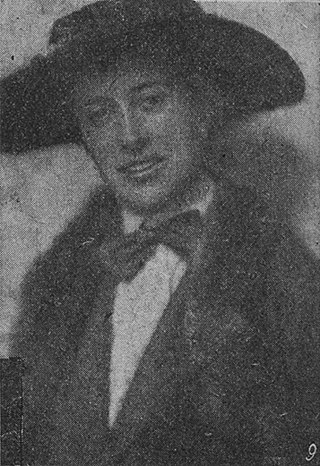
Gra Rueb was a Dutch sculptor. Her work was part of the sculpture event in the art competition at the 1928 Summer Olympics. Rueb's work was included in the 1939 exhibition and sale Onze Kunst van Heden at the Rijksmuseum in Amsterdam.

Jan Goedhart was a Dutch painter, who lived in worked in Amsterdam, The Hague, Tubingen and his last 25 years in Rijswijk near The Haque.
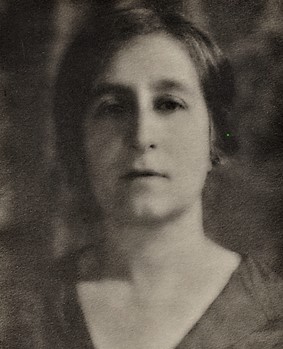
Rachel Margaretha van Dantzig (1878–1949) was a Dutch sculptor.
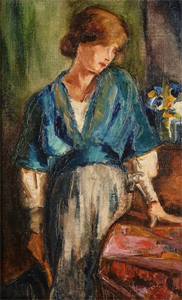
Charlotte "Sárika" Góth (1900-1992) was a Hungarian-Dutch painter.

Petronella "Nel" Helene Klaassen (1906-1989) was a Dutch sculptor.
Agnes Johanna Elisabeth van Stolk (1898-1980) was a Dutch artist.





















